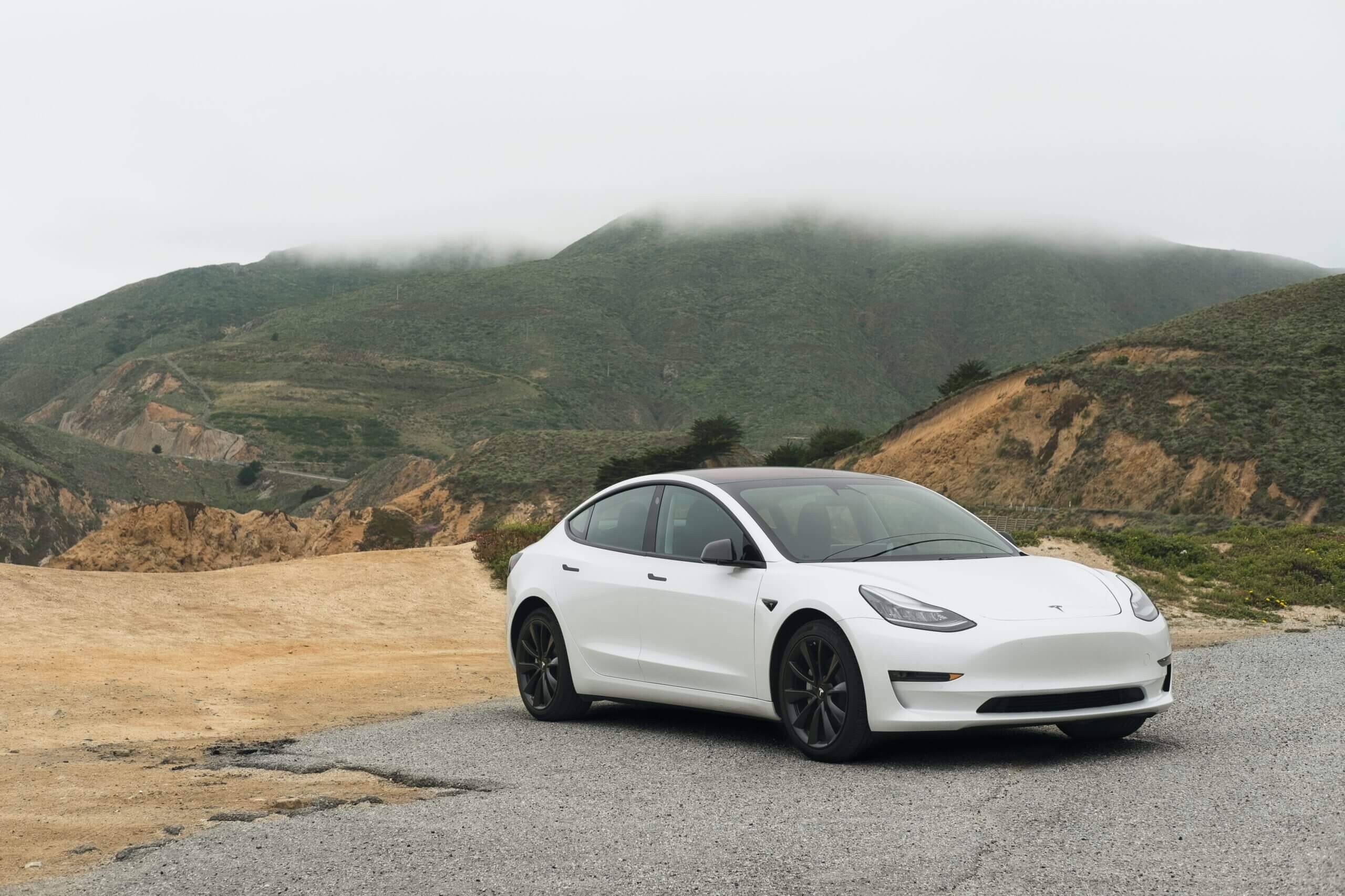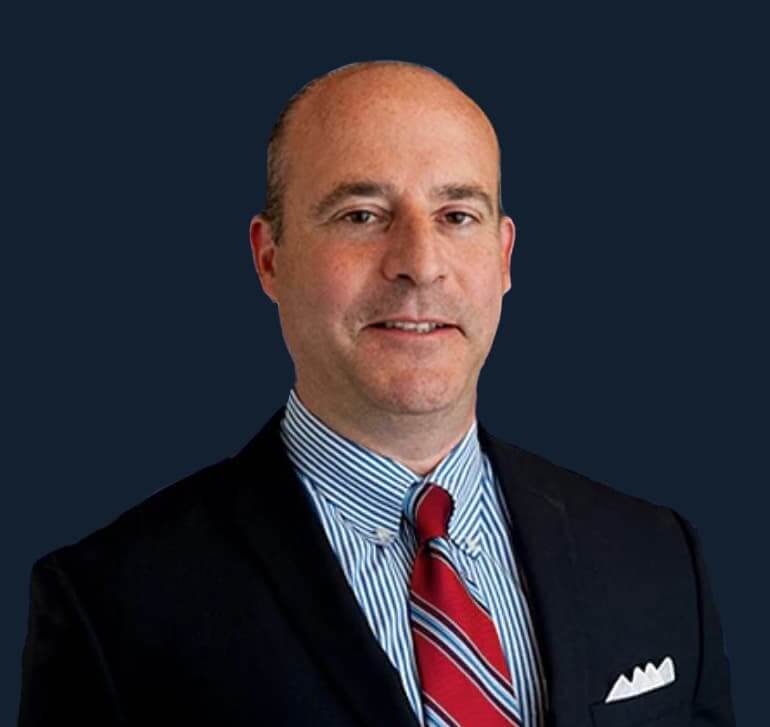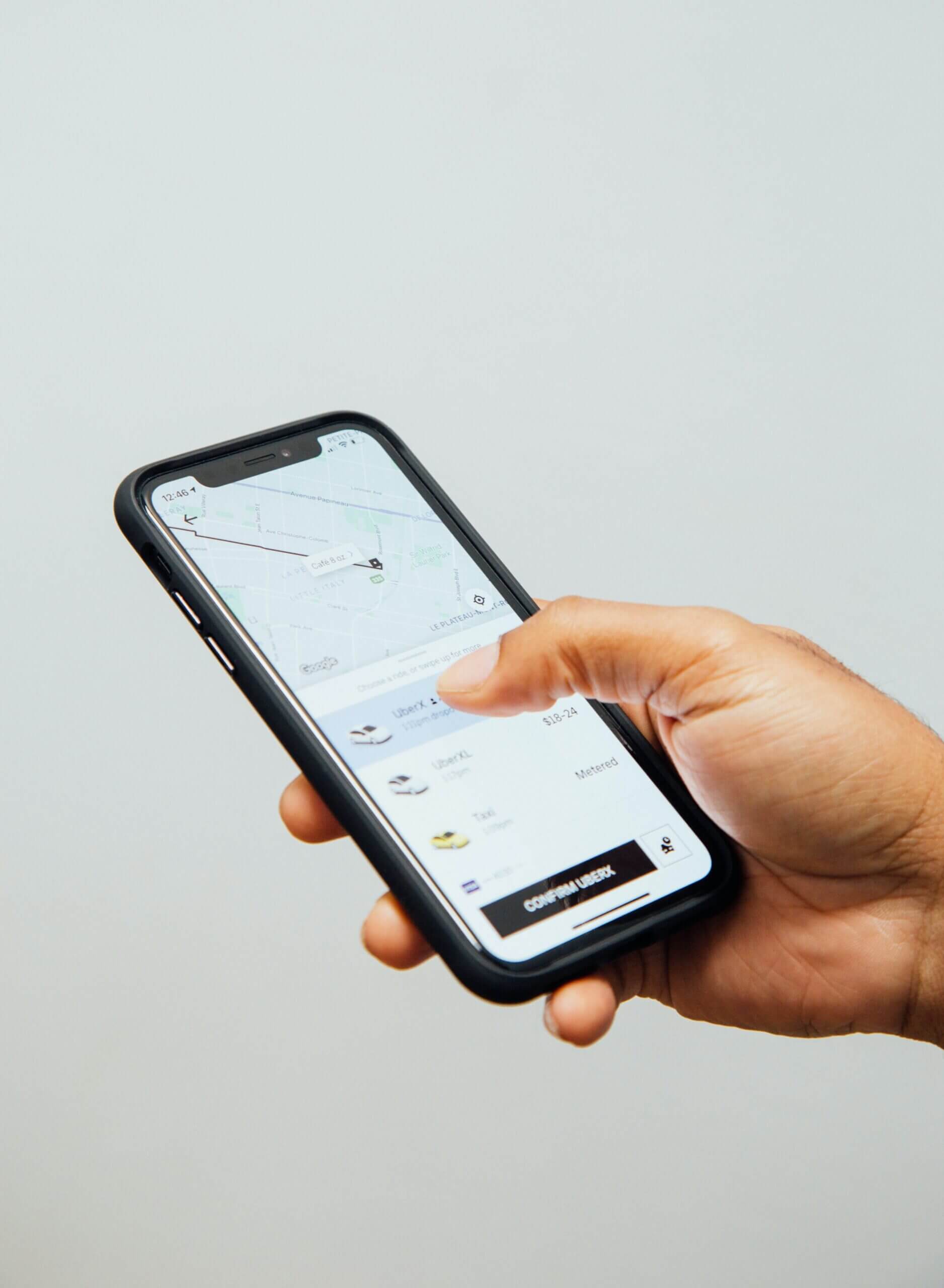Can I Sue Uber if They Crash?
Many people wonder, “Can I sue Uber if they crash?” This is a question of vicarious liability under the doctrine of respondeat superior. Under this doctrine, an employer or principal can be held vicariously liable for an unlawful or unjust act of an employee or agent. In this instance, the principal is Uber, and the unjust act of an agent is the Uber driver negligently causing an accident. This may be true whether you are a passenger or in another vehicle. The reason you may wish to sue Uber is obvious. If you are in a serious Uber accident, insurance coverage may be insufficient to compensate you for your damages. When this happens, you have a couple of options. First, you can make an uninsured motorist claim. This is true whether you are a passenger in an Uber or another vehicle.
This concept makes some clients weary. People logically think that because they did not cause the accident, they should not have to use their own insurance. Further, they fear that their insurance premiums will increase. However, this is not the case. If the Uber driver is at fault, the insurance on the Uber vehicle is primary. Generally, this is Farmers Insurance. If this is not enough to compensate you for your injuries, you can then make an underinsured claim under the secondary insurer. But what if more is needed? Or, what if you do not have your own auto insurance? This could be as little as $30,000 or $60,000 to cover your damages. There are many cases where this is insufficient. In this instance, can you sue Uber if they crash?
The Role of the Uber Driver
An Uber driver is not technically an Uber employee, which has significant implications for Uber’s vicarious liability regarding the driver’s actions. As independent contractors, drivers are responsible for maintaining their vehicles and adhering to road safety laws. However, Uber’s role in providing a platform that connects drivers with passengers also brings certain responsibilities to the company. The key difference between an employee and an independent contractor in a general context is that a company does not have control over an independent contractor. And such is true of an Uber driver. An Uber driver can get on the app whenever he pleases. He is not required to work a certain number of hours in a week.
Furthermore, Uber does not get to tell an Uber driver what passengers to drive. This also shows a lack of control over drivers. For example, Uber can suggest passengers to driver drivers and even penalize the driver, which does show some control. However, courts have ruled that this does not rise to the level of control sufficient to impose vicarious liability.
But what if an Uber driver gets drunk at a bar with his buddies, then proceeds to get on the app and drive passengers? Is the role of the Uber driver relevant to our analysis? If we want to hold Uber Technologies liable for their drivers’ actions, they must have behaved negligently. It is not enough that the driver behaves negligently if it was not reasonably foreseeable at the time Uber permitted the driver to get on the app.
Situations Where You Can Sue Uber

To be clear, there is a stark difference between suing Uber and suing the Uber driver and having Uber’s commercial auto insurance kick in. So, let’s suppose an Uber driver, Bill, owns his vehicle. His auto insurance policy is through Geico. When Bill logs onto the Uber app and is ready to take a ride, his Geico policy is no longer active. This is built into most auto insurance policies. At the same time, many states require that a driver be insured. This puts Uber in a bind. This is why Uber now insures most of its drivers through Farmers Insurance. So, when an Uber driver logs onto the app, their Geico insurance deactivates, and Farmers Insurance activates. You are not directly suing Uber when you do this. Rather, Uber provides insurance for its drivers.
The situation where you can sue Uber for negligence is when they are negligent in their hiring process. Going back to the example alluded to earlier, where an Uber driver drives while drunk, Uber is not liable for any damages arising from this on its face. However, if Uber had reason to know that this could happen, then they are liable. This is an issue of proximate causation. One clear way this can happen is if Uber fails to run a background check on the driver. If Uber had run a background check, and the check would have shown that the driver had a DUI, then Uber would have been vicariously liable. Even worse, if Uber did run a background check and saw that the potential candidate had a DUI or something else showing poor decision-making and still hired that driver, they may be found vicariously liable.
Legal Considerations in Uber Crashes
There are a few legal considerations in Uber crashes. The most obvious consideration is assessing which driver is at fault for the accident. This falls under an evaluation of negligence and tort law. The second consideration is whether the Uber driver is on the app. In general, we prefer that Uber drivers be on the app. If that is the case, there is a better chance of auto insurance coverage being available. Unfortunately, not all drivers pay their insurance premiums on time. If they fail to do so, their personal coverage may be unavailable. In similar scenarios, the driver may be excluded from the policy.
Compensation You Might Receive
The compensation you may receive after an Uber accident depends on your injuries. Generally, the worse your injuries are, the more medical treatment you will need and the more noneconomic damages you will be entitled to recover. In the most catastrophic cases, the most pressing question is not what your case is worth. In fact, we may commence a settlement negotiation with an insurer by asking them what their policy limits are instead. If it is a smaller policy, the most they have is $30,000 for your damages. This is why the question of whether you can sue Uber for their driver’s negligence is such a pressing question.
Calculating compensation involves assessing the total impact of the accident on the victim’s financial and emotional life. It can include negotiating with insurance providers to cover all relevant costs. Unfortunately, Farmers Insurance may try to argue that they are not liable for your damages because the Uber driver was not on a ride at the time of the accident. At the same time, Uber drivers’ own insurers may deny the claim because the driver was on the app at the time of the accident, even though no one was in their car. When this happens, it is imperative to have an experienced and aggressive advocate on your side.
Call Gelb & Gelb Today
The Uber accident attorneys at Gelb & Gelb have practiced personal injury law in the region for over 70 years, recovering more than $150 million for our clients. Call our office today at (202) 331-7227 for a free case consultation.
















